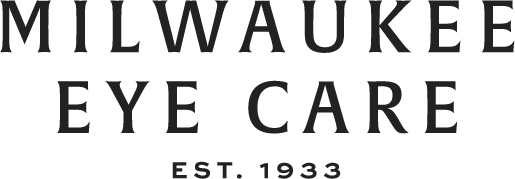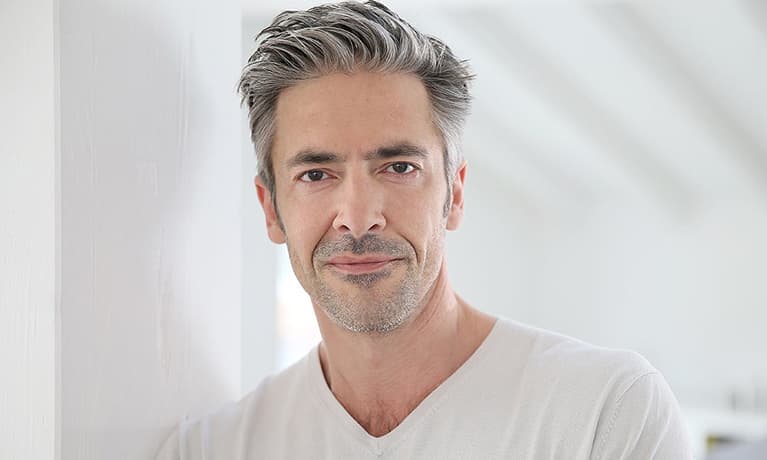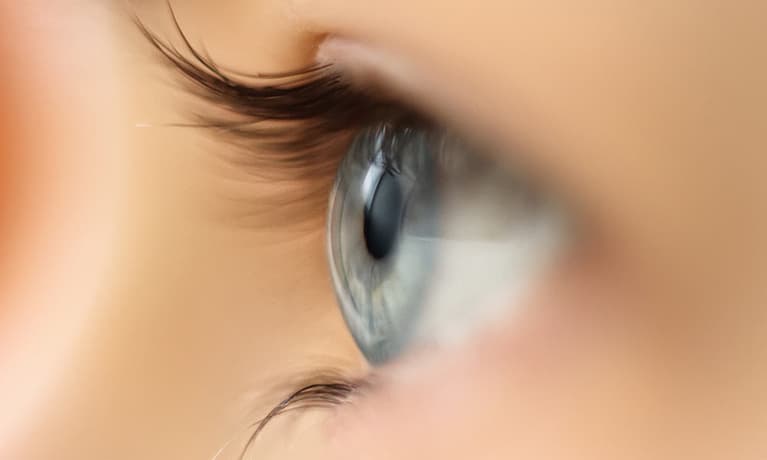A cataract is a clouding of the natural lens of the eye and is a normal part of aging. Once the lens becomes cloudy and reduces vision, the only way to restore vision is surgical removal of the cataract. Cataract surgery is the most commonly performed outpatient surgery in the United States. Because cataract formation is so common among older adults I discuss cataract surgery with my patients every day in the clinic. In this blog post I wanted to help uncover facts about cataract surgery by answering the most common questions I get from my patients in the exam room.
Is there anything I can do to prevent a cataract from forming?
The short answer is not really. The primary reason for cataract formation is aging. UV exposure from the sun can cause quicker formation and therefore sunglasses and brimmed hats are recommended when spending time outdoors in the sun. Poorly controlled blood sugars can cause early cataract formation so good diabetic control can help avoid early formation. Genetics also play a role and some patients will just get cataracts at an earlier age than others.
I was told I need cataract surgery but I would prefer to wait, is that okay?
Cataract surgery is rarely urgent unless associated with another eye condition. If you have other health issues or now is not the best time, it is okay to wait a few months until the time is right for you.
Will the surgery be painful?
No. Your eye is numbed with eye drops so you will not feel any pain during the surgery. You may notice a pressure sensation during certain parts of the surgery, like when your new intraocular lens is inserted into the eye. You will be very comfortable during the surgery as an anesthesiologist will provide some sedation through an IV. This sedation is very similar to what is used during a colonoscopy. After the surgery your eye will be light sensitive and feel a little scratchy for a day or two. Severe pain after cataract surgery is quite rare and would cause an urgent visit with your surgeon.
Is cataract surgery safe?
Yes. Any surgery has risks associated with it but major risks associated with cataract surgery like infection and bleeding are very rare. Blood thinners are not stopped for routine cataract surgery as the risk of bleeding is minimal. All patients who undergo cataract surgery will have some inflammation in the front part of their eye afterwards. We control this with steroid medications typically given as eye drops that are tapered over several weeks.
Who will perform my surgery?
Once you are diagnosed with a visually significant cataract, you will be referred to an Ophthalmologist who will meet with you and discuss your options for surgery. An Ophthalmologist is an eye surgeon who completed a surgical residency after completing medical school. Milwaukee Eye Care has four ophthalmologists who specialize in cataract surgery.
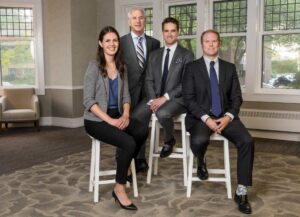
(L-R) Milwaukee Eye Care cataract surgeons Dr. Mackenzie Sward, Dr. Peter Foote, Dr. Jason Edmonds, Dr. Nicholas Frame
Is cataract surgery covered by my insurance?
Yes. If the cataract impairs your vision it is considered a medically necessary surgery to have it removed. Medicare, Medicaid and all private insurances will cover standard options for cataract surgery.
Will my surgery be done with a laser?
At Milwaukee Eye Care, we offer traditional cataract surgery or laser assisted cataract surgery. With traditional cataract surgery, the surgeon uses a scalpel and small instruments to make the incisions and break up the cataract for removal. With the laser assisted method the surgeon will use a laser to make the incision into the eye and the cataract, break up the cataract into small pieces and neutralize corneal astigmatism before the surgeon removes the cataract and inserts an intraocular lens. Traditional cataract surgery is covered by your medical insurance, but laser assisted cataract surgery requires additional out-of-pocket expenses.
How long will the surgery take?
Modern cataract surgery is a very efficient process. The surgery only takes 10-15 minutes. You will be asked to arrive about an hour before your surgery so the nurses can get you prepped for surgery. This will involve reviewing your health history and medications, starting an IV and dilating your eyes with drops. After surgery the nurses will go over post-operative instructions and make sure you are feeling okay to go home. Your total time at the surgery center is typically less than 2 hours.
What are my restrictions after surgery and when can I go back to work and resume driving?
Restrictions are pretty mild. We want you to avoid heavy lifting after surgery for 1 week and minimize bending over at the waist. I ask my patients to avoid swimming in a pool, hot tub or lake for 1 week after surgery. You should avoid contact sports for 1 month. Driving should be avoided the day of surgery because of the sedation you receive for surgery, however I let my patients resume driving any time after the first day once they are comfortable with their vision. Returning to work is similar, if you can avoid heavy lifting you can return to work anytime the day after surgery as soon as you feel comfortable.
Will I need glasses after cataract surgery?
The short answer is that it depends. Most patients choose a monofocal intraocular lens, which is covered by insurance and gives good vision at a single focal length. Most patients will choose to have this lens set for distance, so in the absence of astigmatism will need mostly reading glasses. At Milwaukee Eye Care we also offer multifocal lenses and extended depth of focus lenses, which offer different ranges of vision to reduce your dependence on glasses. Talking with your surgeon about which options are available to you is an important part of the pre-operative evaluation.
Learn More About Milwaukee Eye Care Lens Implants
For most patients, cataract surgery is a routine procedure that is considered a normal part of aging. The surgeons at Milwaukee Eye Care are here to provide you with the answers needed so you can make an informed decision regarding your eye health. Contact us today and let us help you uncover the facts behind cataract surgery.
Schedule Your Appointment Online
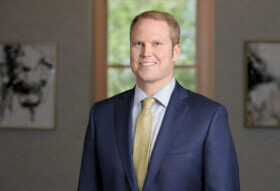
Nicholas Frame, M.D.
Cataract Surgeon & Glaucoma Specialist
